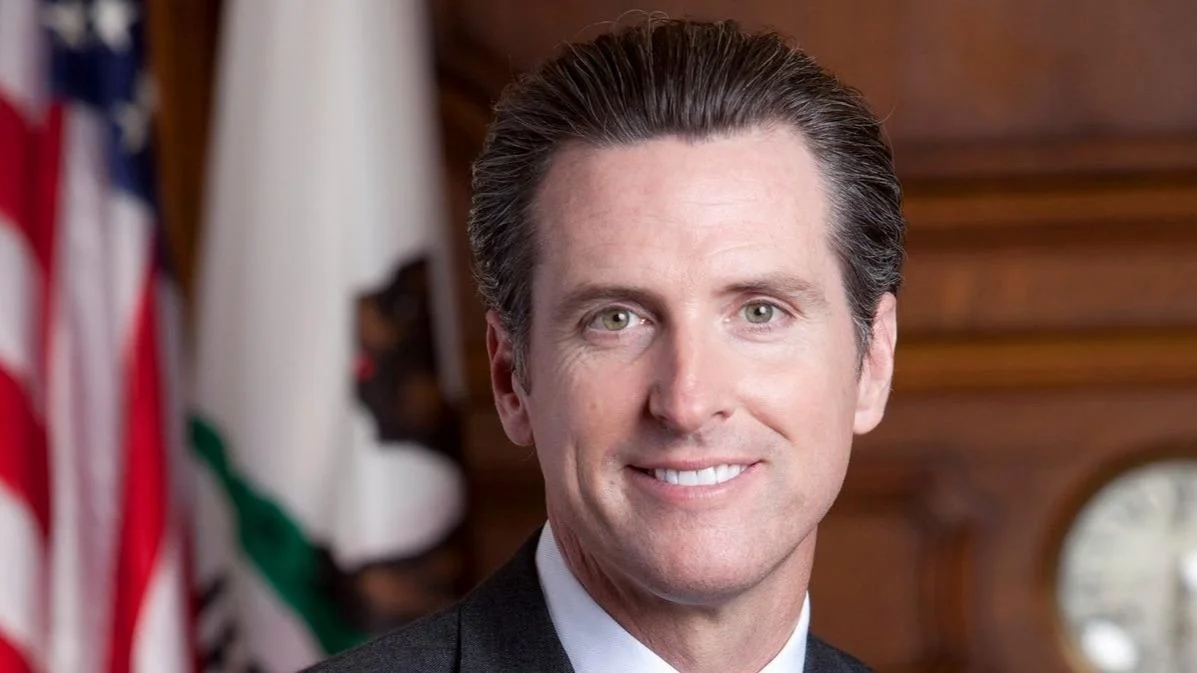
Gavin Newsom, Governor of California | Official website
California’s Clean Air Vehicle (CAV) decal program, which has allowed drivers of certain low-emission vehicles to use carpool lanes regardless of the number of occupants, will end on September 30. The decision follows the Trump administration and Republican-led Congress’s move not to extend the federal program, impacting California and 13 other states with similar initiatives.
Beginning October 1, all CAV decals in California will be invalid. Hybrid and zero-emission vehicles will have to comply with standard vehicle occupancy requirements for carpool lanes. The Department of Motor Vehicles stopped processing new CAV decal applications on August 29 and notified the public about the upcoming change.
The program was designed as an incentive for drivers to purchase cleaner cars by offering access to less congested lanes. Its expiration marks a shift away from policies that encouraged innovation in clean transportation and reduced air pollution at minimal taxpayer expense.
Governor Gavin Newsom criticized the decision: “A Trump traffic jam is on its way to California and other states – all because Republicans in Congress decided to let a wildly successful bipartisan program expire. That’s Trump’s America: more traffic, more smog and a government more committed to slashing proven programs than solving real problems.”
Last year, Governor Newsom signed AB 2678 (Wallis, 2024), a Republican-sponsored bill extending California’s CAV decal program under state law. However, without federal authorization, the state cannot continue its version of the program. A decade ago, Congress had extended it through another Republican-sponsored bill with bipartisan support.
The end of this incentive comes amid ongoing disputes between California and federal authorities over clean air standards. In June, California filed suit against the Trump administration after President Trump signed resolutions targeting the state’s clean vehicles program.
California faces significant air quality challenges due to its geography. Five out of ten U.S. cities with the worst air pollution are located in California. Approximately ten million residents in areas like the San Joaquin Valley and Los Angeles live under “severe nonattainment” conditions for ozone pollution—a situation linked to higher rates of asthma and heart disease.
State efforts over five decades have improved air quality considerably and saved $250 billion in health costs by reducing illnesses related to air pollution. Diesel-related cancer risk has dropped nearly 80% during this period.
California leads nationally in electric vehicle adoption and infrastructure development. One in four new cars sold is a zero-emission vehicle (ZEV), according to the California Energy Commission. The state reached two million ZEVs ahead of schedule and hosts 56 ZEV or ZEV-related manufacturers—the highest number nationwide. There are now about 178,000 public or shared private electric vehicle chargers installed throughout California—almost 50% more than gas pumps.
As federal support for programs like CAV ends, state officials continue searching for ways to meet clean air goals while supporting residents who drive cleaner vehicles.
 Alerts Sign-up
Alerts Sign-up